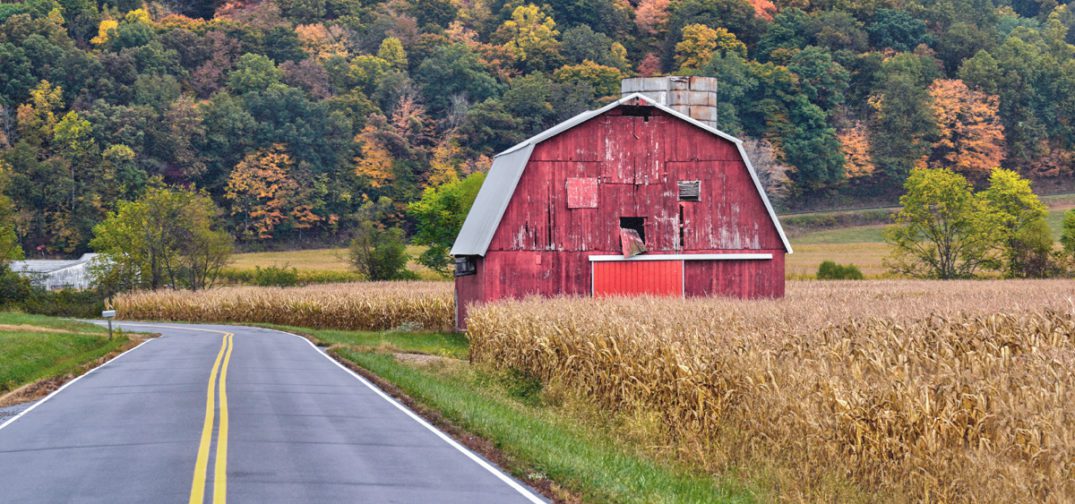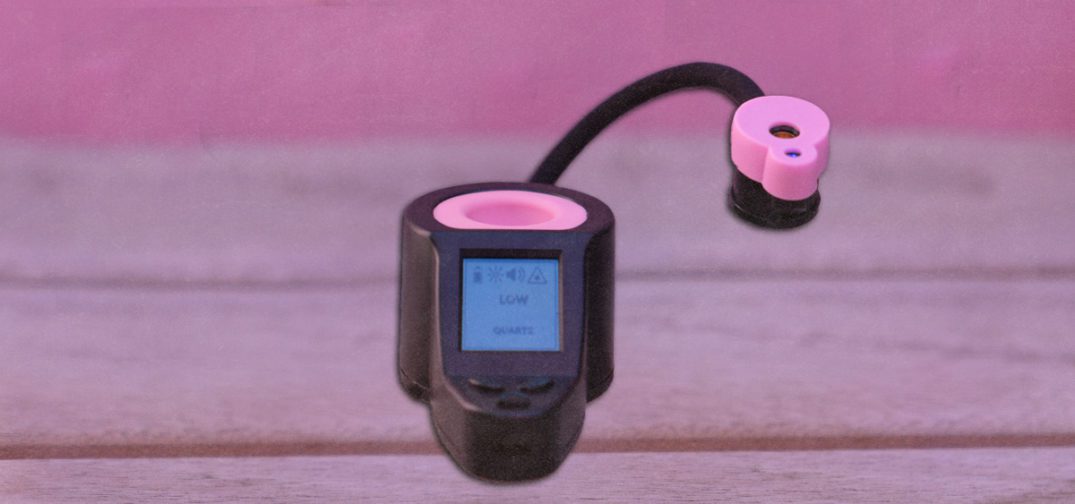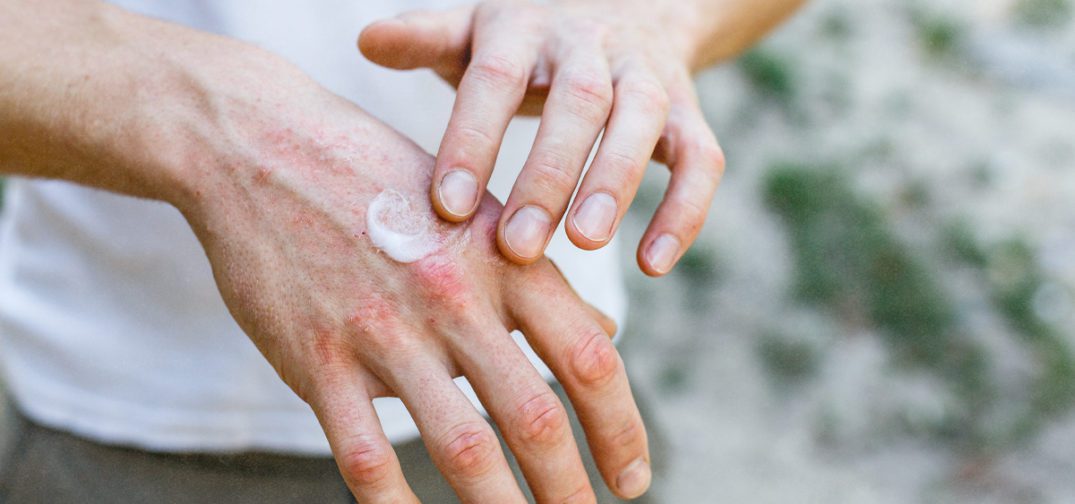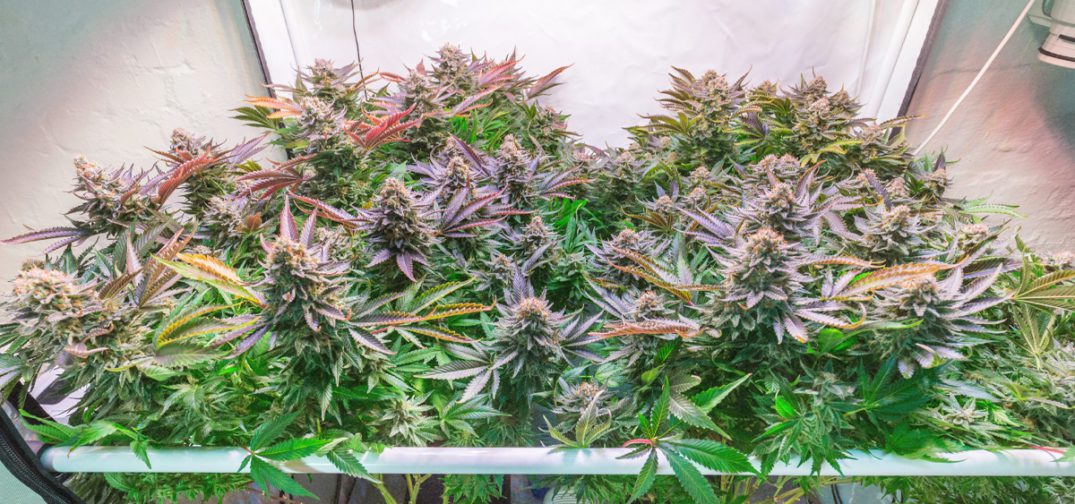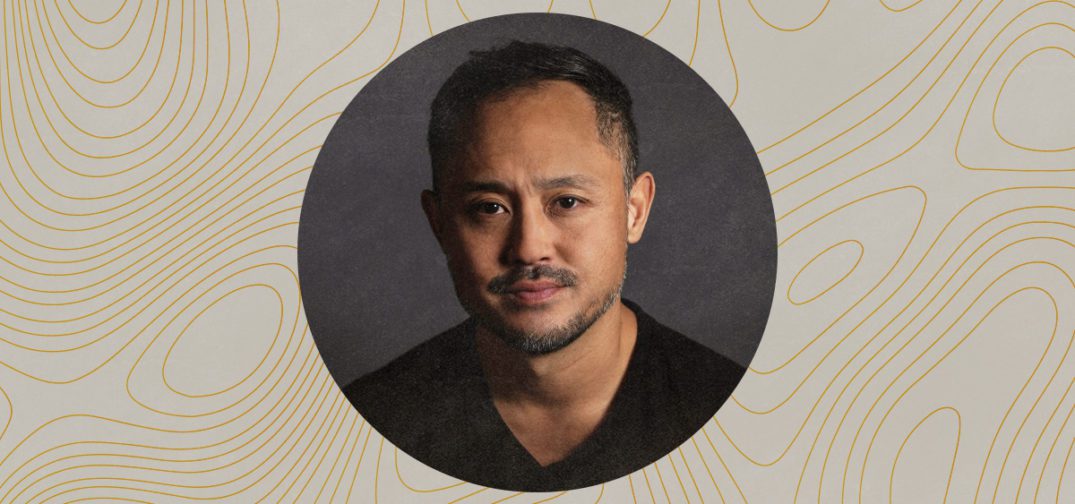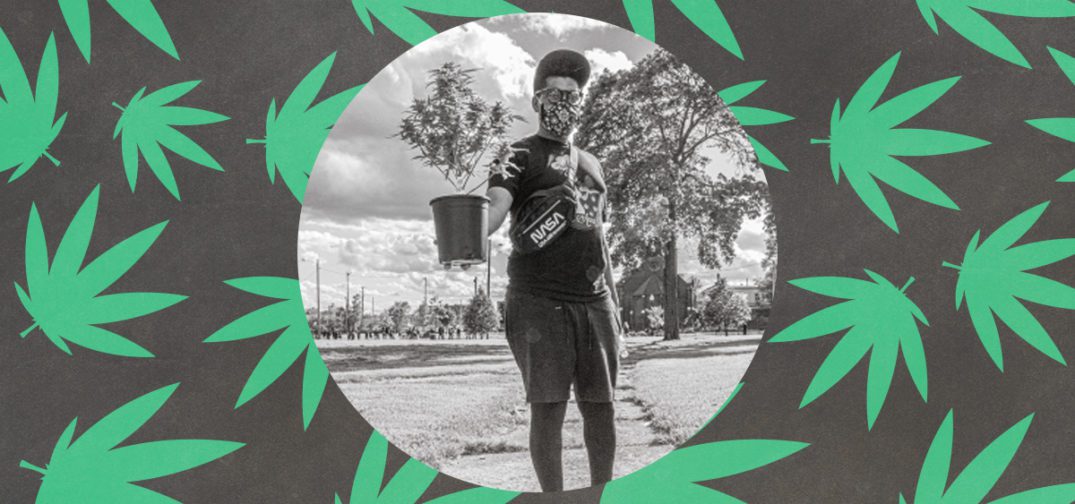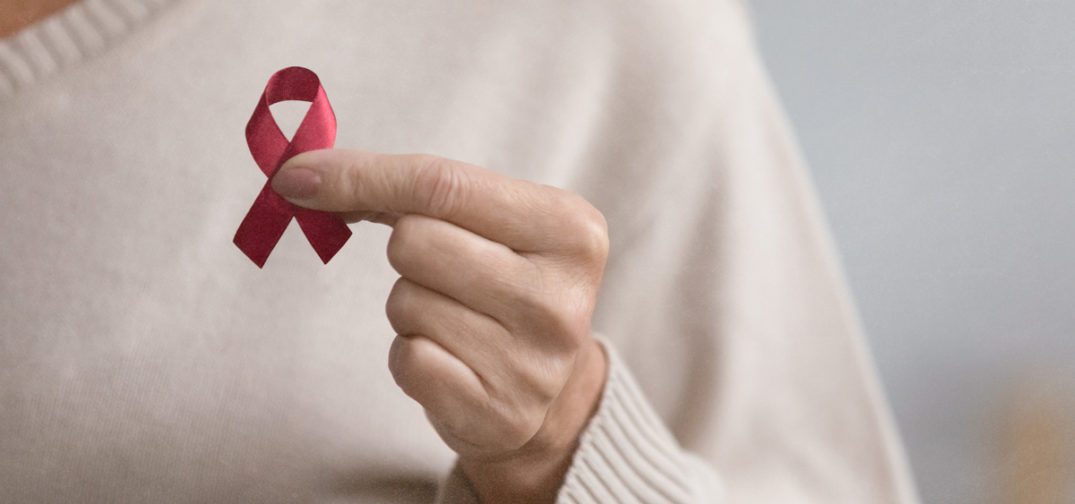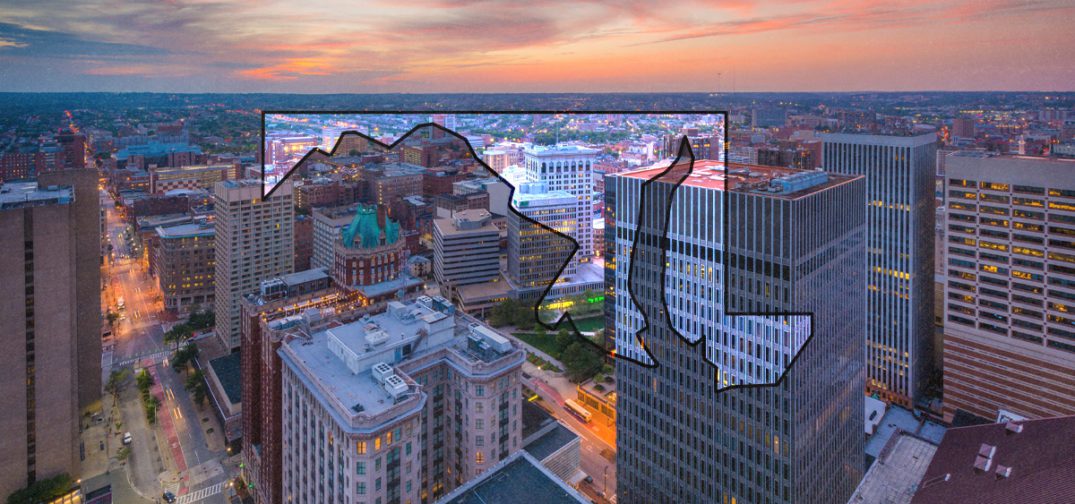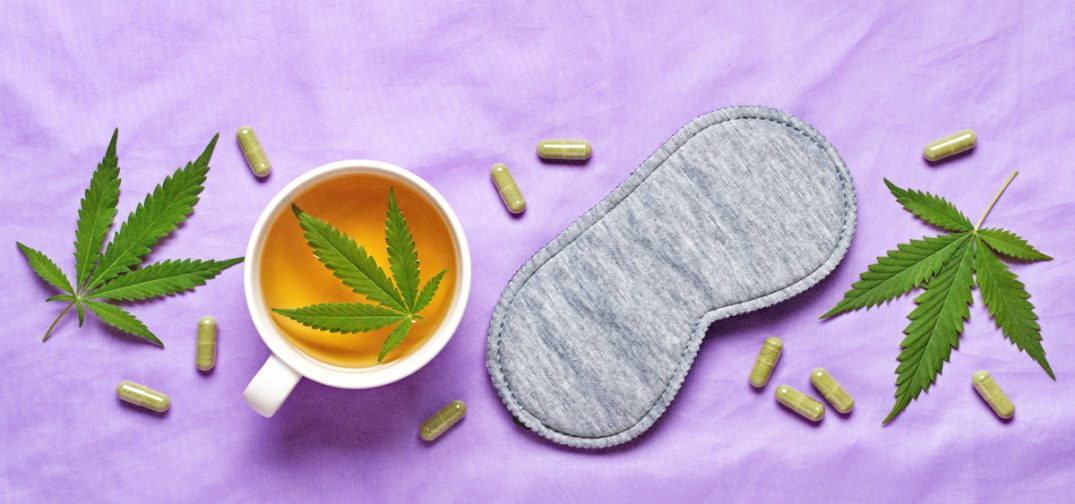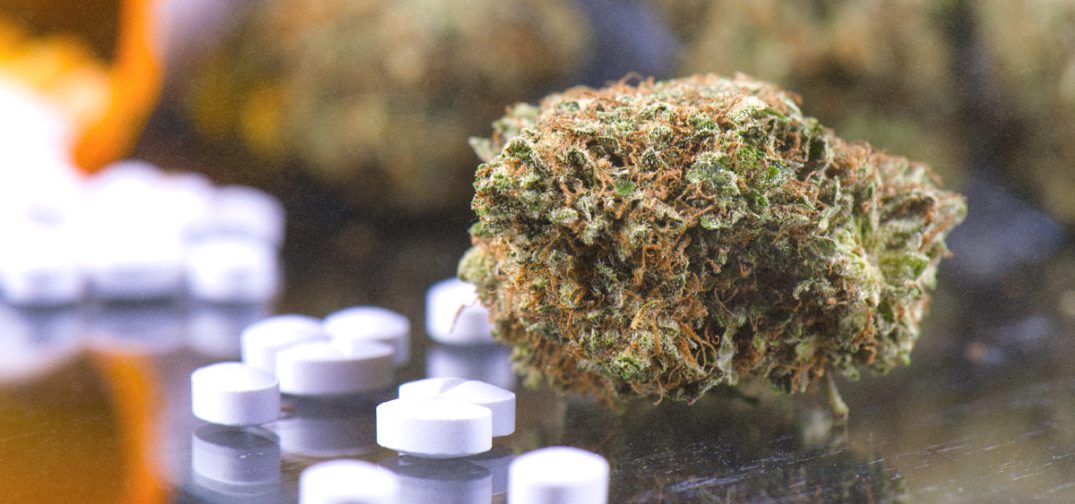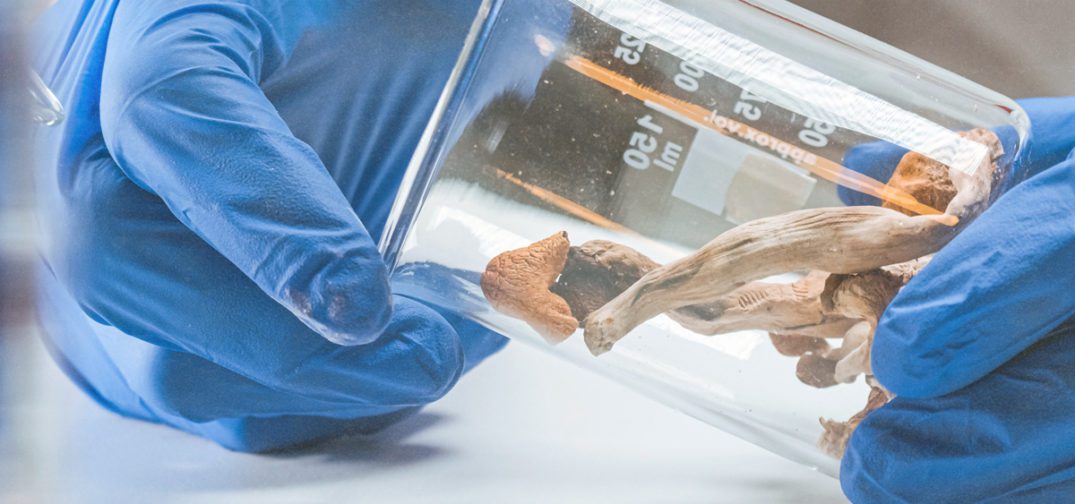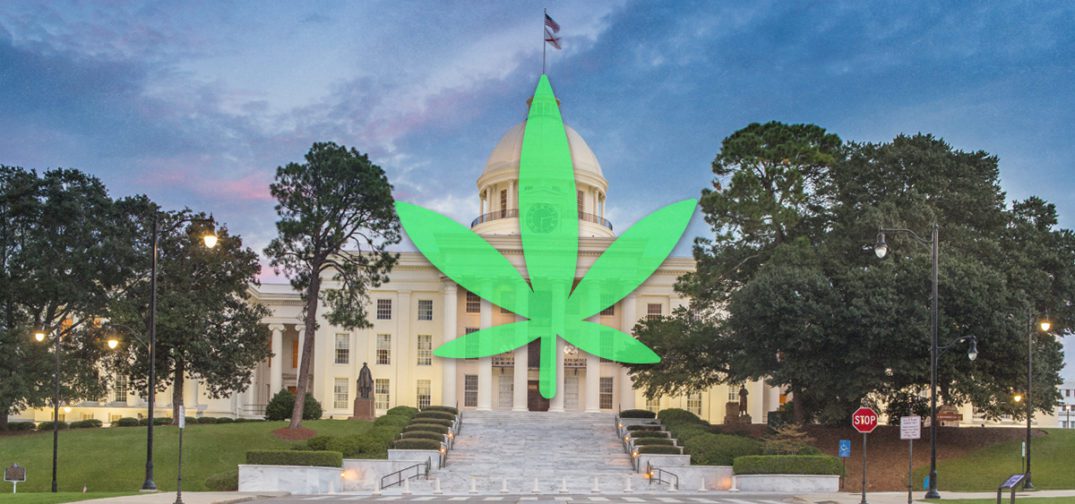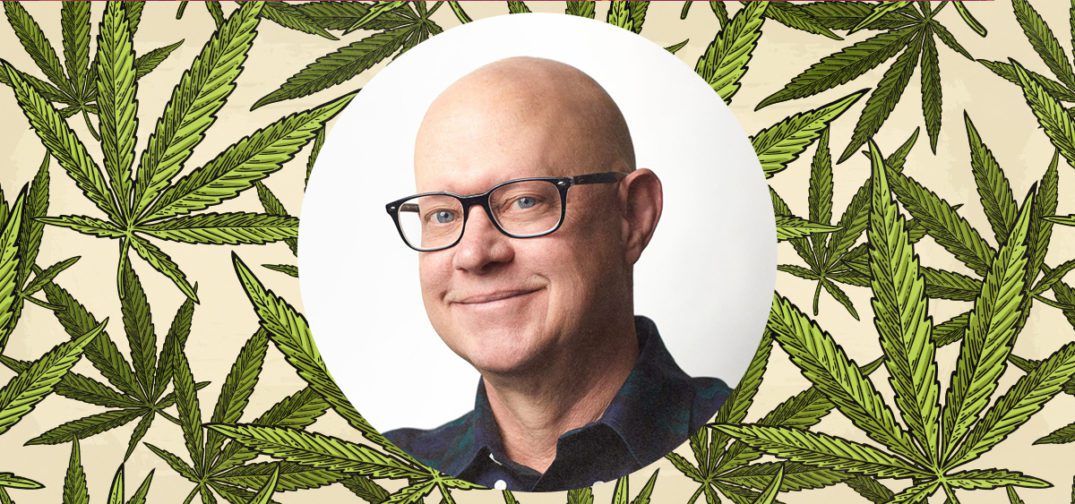Generally, inhalable cannabis products lack continuity — customers might buy the same branded flower from the same store but get a completely different experience from the last time they inhaled it. This is a big problem for patients looking for products based on pharmacological effects; it’s also an issue for brands who want to create products that a consumer can trust. California-based Perfect is attempting to solve this problem. Dean Hollander, Mo Isern, and Michael Backes founded the consumer goods brand in 2019. They sell three cannabis blends that are available in pre-rolls and chopped flower. Ganjapreneur spoke with Chief Product Officer Michael Backes over Zoom to learn more about Perfect.
“It’s nice that our products are consistent, but more importantly, it’s what that consistency enables. What it enables is that you take the same amount every time. If you know what works for you, then you can use cannabis with precision. In the past, a lot of it has been rolling the dice, you take a hit of something, and it’s going to do nothing, or you’re going to be flattened,” said Michael Backes.
When the project was still in its infancy, Dean approached Michael on Linkedin with an idea for three product formulations: a giggle weed called Happy Camper, an uplifting boost called Pick Me Up, and the self-explanatory NightCap. Before Perfect, Michael had founded a California medical dispensary in 2006, working with patients and learning about their experiences with the plant. He eventually wrote Cannabis Pharmacy: The Practical Guide to Medical Marijuana, a comprehensive overview of cannabis medicine.
He used this same wisdom to build formulations that make up the company’s three currently available flavors, a process that he thought would be much more simple than it was. The team took the plant apart to understand what compounds were essential to building a product that promised a reliable effect. As they studied the plant, they noticed through test results, research, and consumer panels that terpenes were the compound essential to their goal. Perfect’s research showed that if the terpene content remained the same from batch to batch, the consumer experience would be the same despite a person’s individualized endocannabinoid system.
Once they understood which part of the plant was guiding experience, Michael and the Perfect team began dialing in which monoterpenes would provide the desired effects for their three flavor concepts. The seasoned cannabis aficionado had been blending cannabis strains since he was in college, and that experience came in handy in this phase of formulating.
For example, the Pick Me Up gracefully provides uplifting focus without making the heart race. This was intentional, and accomplished based on Michael’s experience smoking uplifting strains. “It was informed by my experience working with Hazes and Diesels,” he said. “Diesels have a tendency to be a little speedy, Hazes have a tendency to be a little too psychedelic. And it was kind of finding the balance between those two where you could take a couple hits and sit and work for a really long time and just, hyperfocus.”
They construct each flavor by investigating the terpene content in strains that can produce the desired effect and identifying which terpenes are responsible for this effect. With this information, they use various strains to build out a product that contains the appropriate terpene ratio to meet the right effect. Michael knows that some heady cannabis lovers will be skeptical about buying a blend, even with this focused effort. He is confident, however, that if people try Perfect, they will buy it again. They see rates of repeat purchase high above the industry average: “Almost a quarter of the people who try Perfect at a dispensary will buy it more than four times … It’s one of these things where you don’t have to believe us, just try it and you’ll see.”
Perfect only sources high-quality, sun-grown flower because sun-grown generally has the highest, most diverse terpene content. They wholesale full buds from a large breeding program with a network of cultivation sites in California. The program uses an in-house state-of-the-art lab to test the compounds in their flower, making them an ideal choice for Perfect. When they acquire a strain, the pack is split in half. They chop one half and freeze the other to be extracted later.
The company doesn’t just use the word chop as marketing copy, it explains a process that Michael has been perfecting to preserve monoterpenes. Milling is common in the pre-roll manufacturing process but Michael explained that while milling is efficient, it can release a huge amount of monoterpenes into the air, never to return. The chopping process uses fine blades in a more culinary approach to rip apart the buds. It does still release monoterpenes, just not as many as other methods. That is why Perfect extracts high-terpene resin and THCa from the same crop. The flower and extracts are all tested after processing and then built to spec, hitting the desired ratios of each formulation. Products are sent back out for testing after they’re blended and generally test within 10-15% of spec every time.
The goal is to guide the effect of the product, but Michael also wants to provide an experience to the consumer, “Unless you’ve been in a cure shed at the moment that something’s perfectly ripe and ready to go, like, dried to perfection, you’ve never had the taste that the living plant produces as far as the terpene entourage. So we’re not jacking up the terpene content, we’re just restoring what the living plant had by using living plant extracts.”
The concept of blending is used in other consumer goods like coffee and wine. Starbucks Pike Place is a blend of Brazilian and Colombian coffee beans and it dominates the coffee industry — but premium blended inhalable cannabis products aren’t commonplace, and I don’t see why not.
Michael is excited to continue growing Perfect now that the three flagship flavors are released. One product in development will promote intimate human behavior. He also speaks about a future when he can use the same methods used to formulate Happy Camper and NightCap to rebuild strains that have been lost in time, like Lambsbread, Lavender, and Orange Velvet OG. After having the opportunity to try the flagship products, I look forward to seeing what the company releases next, and Michael is excited too, “To me, Perfect is pretty perfect. But I see a future where it’s even more perfect!”
